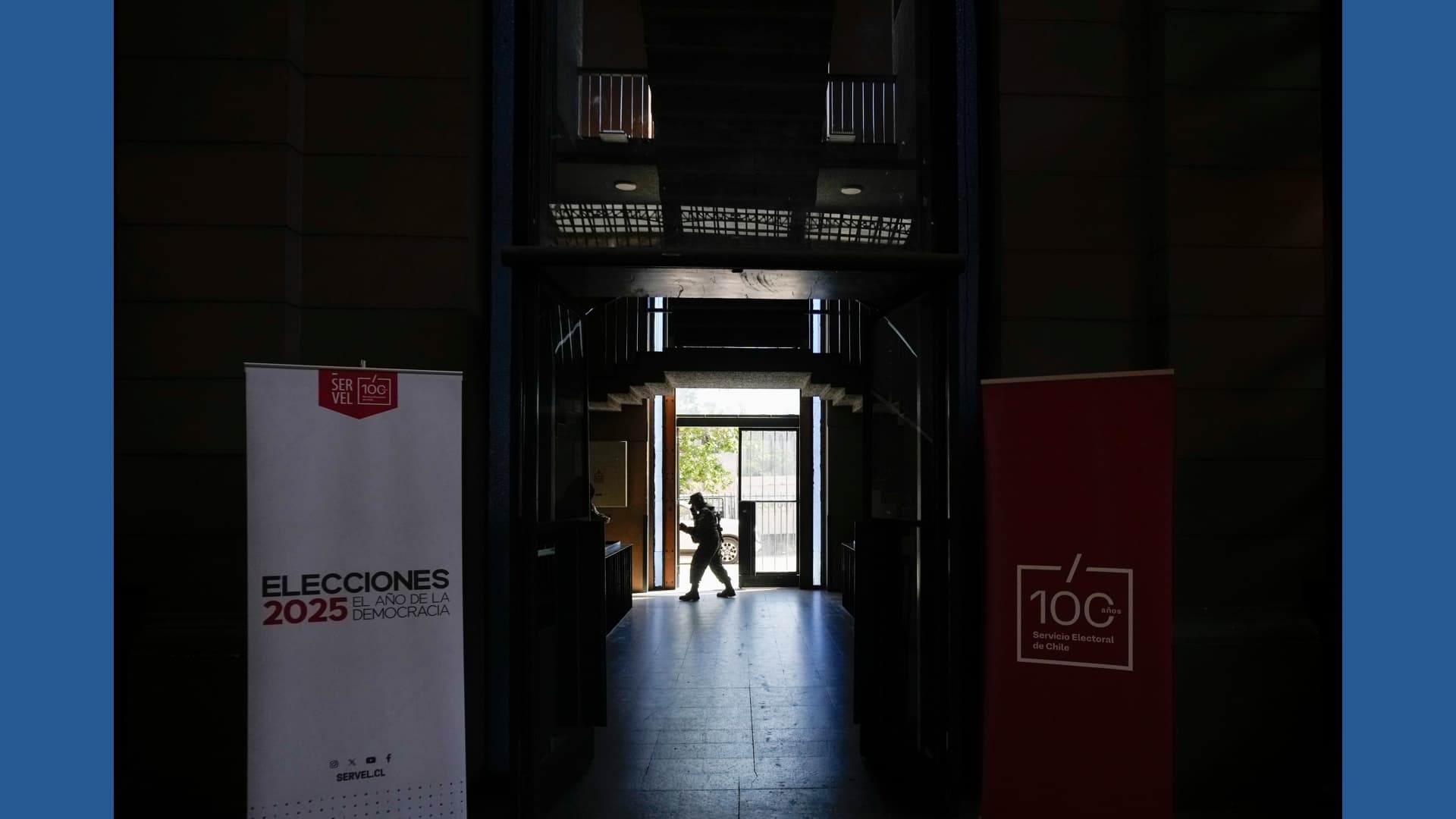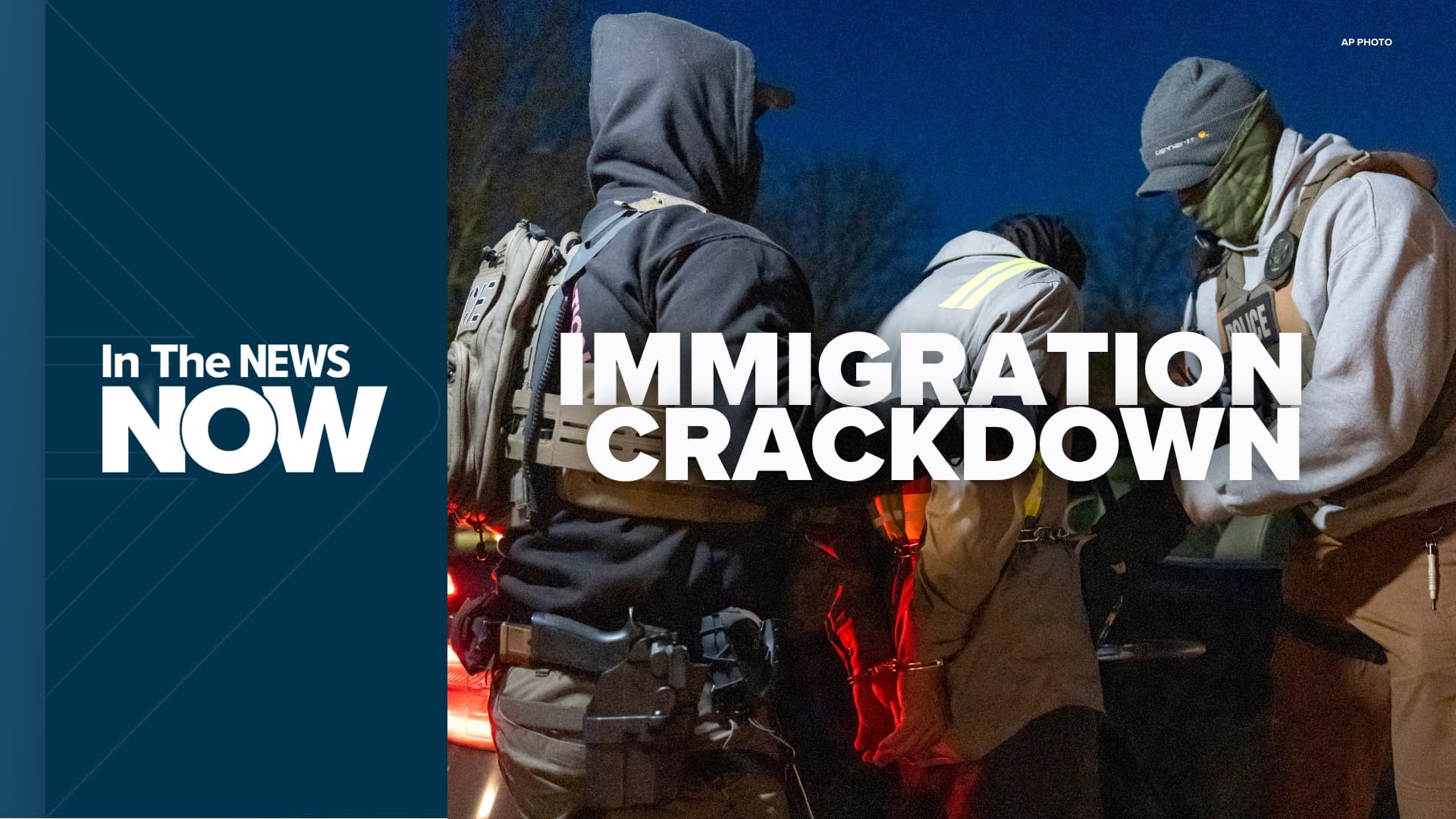Chile votes amid crime fears, communist faces far right challenger
Voters in Chile head to a polarizing presidential contest shaped by rising concerns over public security, pitting a communist party candidate against a far right opponent. The outcome will test the resilience of institutions, reshape policy on crime and social welfare, and determine how deeply political polarization will influence governance and civic engagement.

A presidential contest in Chile has crystallized around public safety, laying bare a country grappling with a surge in fear as much as with persistent inequality. The ballot pits a candidate from the Communist Party against a far right challenger, and the campaign has narrowed onto competing visions for restoring order and addressing the social roots of crime. The result will carry consequences for policing, the judiciary, economic confidence, and the future of democratic institutions.
Crime has emerged as the defining mobilizer for many voters. Neighborhoods that once prioritized economic opportunity now list security as a top concern, influencing turnout and voter choice. The far right contender has built momentum framing the problem as one best addressed by stepped up law enforcement, tougher sentencing, and expedited judicial procedures. The communist candidate has emphasized addressing socioeconomic drivers of criminality through investment in housing, education, and community services while criticizing punitive approaches that risk human rights violations.
The clash exposes an enduring institutional dilemma. Chile’s police and justice systems face pressure to deliver rapid results while operating within legal and constitutional constraints. Extraordinary executive measures intended to reassure the public risk stretching those constraints and could prompt clashes with courts and civil rights bodies. The legislature will play a crucial role after the election, determining whether proposed security laws can be enacted, funded, and implemented while preserving oversight mechanisms that check potential abuses.
Voting patterns offer a window into the nation’s political realignment. Urban margins and younger voters who supported progressive change in recent years may be divided between calls for structural reform and immediate security guarantees. Rural and economically anxious constituencies appear more receptive to deterministic promises of order. The distribution of votes will test whether traditional political cleavages tied to class and geography continue to dominate, or whether crime has become the overriding axis of political identity.
Policy implications extend beyond policing. A government that prioritizes tough security measures will need to balance public spending priorities and manage investor confidence, particularly if measures signal unpredictability in rule of law or civil liberties. Conversely, a government focused on expanded social programs must demonstrate short term effectiveness in reducing crime to maintain public trust. Either path requires substantial coordination across ministries, local governments, and civil society actors to be credible.
Civic engagement in the run up to the vote has been volatile. High fear of crime can depress participation in some communities while galvanizing others, and the post election environment will test democratic resilience. Independent oversight by courts, electoral authorities, and a vigilant press will be essential to prevent escalation of tensions and to hold elected leaders accountable regardless of which side prevails.
Chile’s choice will reverberate regionally, signaling how a middle income democracy balances security, rights, and social policy under intense public pressure. The election is therefore not only a measure of partisan strength, but a referendum on institutional capacity to reconcile public safety with democratic governance.


